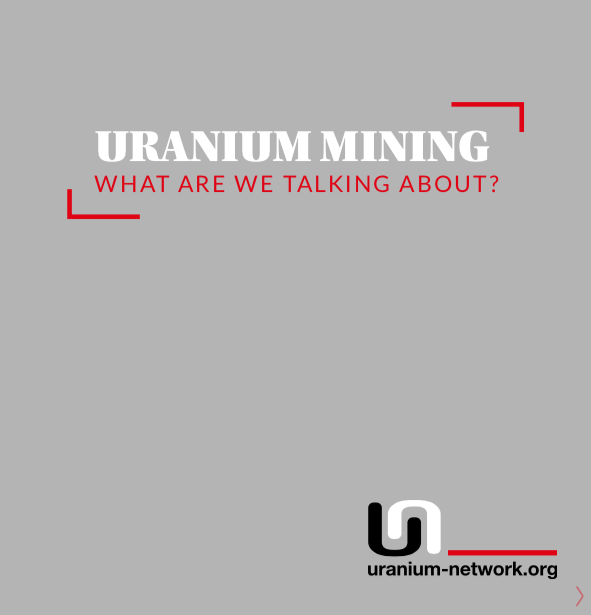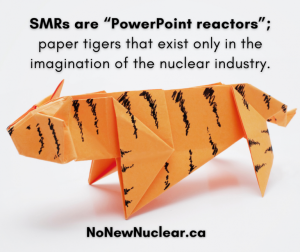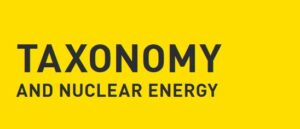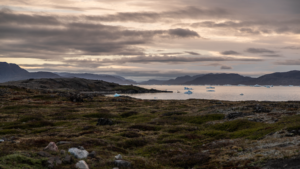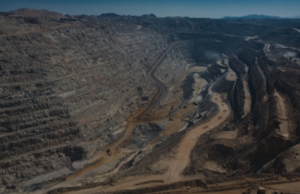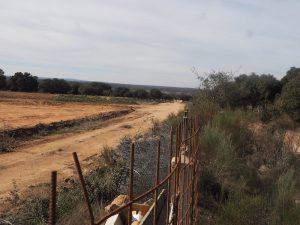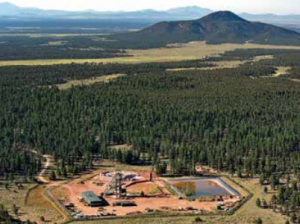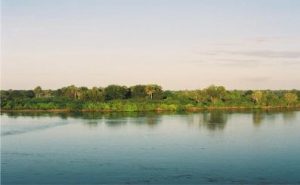Our mission statement:
To inform the world of the hazards of uranium mining.
If people know about how this dangerous material is taken from the earth, they will have an enriched point of view on the nuclear power issue in general.
Our work is about human rights, geological affairs, and last but not least these questions: Is it still viable to mine uranium? Is this a path governments and big firms should take to make their money?
We think you should think about it!
Uranium Mining - what are we talking about?
Our new film by Günter Wippel and Katja Becker, Narration Claus Biegert. read more
Uran – tödlicher Bodenschatz
Uran - tödlicher Bodenschatz (2021)
Über die Verfahren des Uranbergbaus, Gefahren und Folgen.
Der Brennstoff, der Atomkraft am Laufen hält, heißt Uran. Dessen umweltzerstörende Gewinnung, meist in entfernten Ländern wie Afrika, Asien oder in Australien, und die Menschenrechtsverletzungen, die er mit sich bringt, strafen das Narrativ der CO-2-neutralen Energiegewinnung Lügen.
Der Bergbau hinterlässt viele Millionen Tonnen langfristig radioaktiven Abraum, verbraucht viel Energie und große Mengen Wasser. Die Gesundheitsschäden bei Bergarbeitern sind beträchtlich. Rund sieben Milliarden Euro haben die Aufräumungsarbeiten alleine des ehemaligen Uranbergbaus in der DDR gekostet, in Nordamerika müssen die Steuerzahler*innen ebenfalls Milliardenbeträge für Sanierungsmaßnahmen aufbringen. In Ländern des globalen Südens kontaminiert der radioaktive Abraum weitestgehend ohne Sanierung die Umwelt auch in Zukunft.
Günter Wippel, Diplom-Volkswirt, Mitorganisator des WORLD URANIUM HEARING 1992, Salzburg, aktiv gegen Uranbergbau in Kanada und USA, Mitbegründer von uranium-network.org und seit 2008 engagiert gegen Uranbergbau vorwiegend in afrikanischen Ländern. Mitorganisator von Konferenzen zur Aufklärung über Uranbergbau in Bamako / Mali, in Tanzania und Südafrika, und in Kooperation mit IPPNW und anderen in Basel. Produzent des Films "Uranium Mining - what are we talking about?"
Uran - gestern, heute, morgen (2023)
Der Uranmarkt, Uranpreisentwicklungen und die Auswirkungen des Ukraine-Kriegs auf den Uranmarkt und -versorgung.
Günter Wippel, Diplom-Volkswirt und seit vielen Jahren engagiert gegen den Uranbergbau, spricht über den Brennstoff, der Atomkraft am Laufen hält, dessen umweltzerstörende Gewinnung und die Menschenrechtsverletzungen, die er mit sich bringt.
Controversial (Uranium) Projects
Focus on: Aftermath of Uranium Mining
- United States of Amercia
- South Africa
- Germany
- France
Focus on: Brazil Brasilien nutzt als einziges Land in Südamerika Atomkraft; es betreibt die AKWs Angra 1 und 2, die direkt an der Atlantikküste zwischen Rio de Janeiro und Sao Paolo liegen. Sie produzieren rd. 3% des Elektrizitätsbedarfs, rd. 50% kommen aus Wasserkraftwerken. Brasilien betreibt auch Uranbergbau, die bislang betriebenen Bergwerke liegen in der Provinz…
Read MoreFocus on: SMR – Small modular reactor Within the recent months, there is a major hype around SMRs – Small Modular Reactors. It is also used by companies to point to a future for nuclear power – and this will imply more uranium mining.For this reason, we are covering the SMR issue to a certain…
Read MoreEU Taxonomie Der JRC Report – Grundlage für Entscheidungen zu Atomkraft? Die Europäische Union (EU) beschloss den ‚Green Deal’. Mit diesem soll durch eine EU-weite ‚Taxonomie’, ein Klassifizierungsschema, eine Neuausrichtung von Kapitalflüssen hin zu nachhaltigen Investitionen erreicht werden, um ein nachhaltiges und integratives Wachstum (!) zu schaffen. Anhand folgender Kriterien soll auf Basis wissenschaftlicher Erkenntnisse…
Read MoreThe plundering of Greenland Uranium and other resources the latest threat to precious sub-arctic ecosystems The first area is 1,042 square kilometers and located north of Arsuk and Kangiinnguiet and north of Narsarsuaq. The second area is 2,485 square kilometers and consists of two sub-areas around the Ilulileq and Paatsusoq fjords and the Kangerlussuatsiaq fjord,…
Read MoreNamibia / RÖSSING Mine READ MORE 2015: Rio Tinto in Namibia – the Connelly CaseThis fact sheet reports the case of a uranium mine worker in Namibia who suffered health damages about two decades ago, and his legal battle against one of the largest mining groups in the world. – read more April 2012: EJOLT…
Read MoreMalawi has no laws for radiation protection. That means there is no benchmark for Environmental Impact Statements. In Malawi, there is not enough hardware or competent knowledge around to monitor the operation of a uranium mine.
Read MoreDie Firma Berkely Energia Limited, mit Sitz in Perth West – Australien, die sich selbst als clean Energy Company darstellt, ist seit Herbst 2016 dabei, im spanischen Salamanca eine Open Pit Uranmine zu eröffnen.
Read MoreGrand Canyon National Park: Under Attack by Uranium Mining Plans.
Read MoreTanzanian government welcomed uranium mining as a solution to poverty and economic development, but the capacities to handle side effects like pollution or health risks in terms of laws and regulations are low.
Read More
